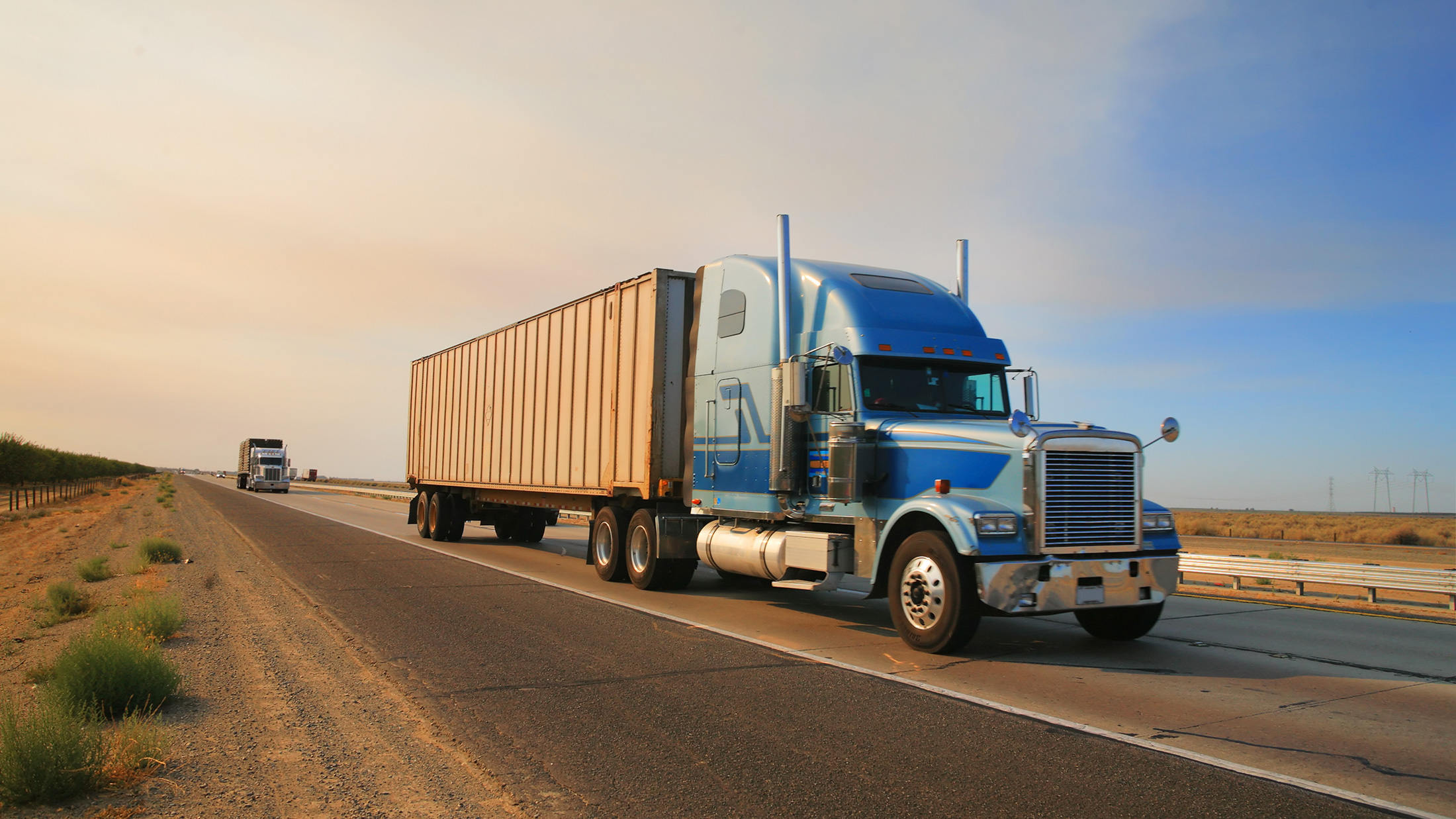Here’s a statistic for you: Ninety percent of the 400 million tons of freight coming into New York City comes by truck. I know you’re thinking, “Where’s the rail system?” Well, NYC isn’t directly connected to the national freight-rail network, so America’s most dense major city is also its most truck-dependent. Call it a “clustertruck.” But one politician is trying to do something about that. WNYC reports:
To get trucks off the road, Rep. Jerry Nadler has been advocating the construction of a freight rail tunnel under the Hudson River for three decades. The New York Democrat says the tunnel, which would connect the rail network in New Jersey with existing tracks in New York, would take 2,500 trucks off Hudson River crossings every day, reducing pollution, decreasing the price of goods, and creating redundancy in case of an emergency.
That would be good for the lungs of New Yorkers, since, as New York’s environmental commissioner told WNYC, “freight trucks are one of the worst air polluters in urban areas.” The effect is especially detrimental to those living in low-income communities, specifically the Bronx and Northern Manhattan, which has the most truck routes in the city. The result for area residents living with a higher load of diesel exhaust has been a higher prevalence of asthma. So it’s not surprising that representatives of Brooklyn and Queens have adamantly opposed rail unloading centers being located in their neighborhoods because of — you guessed it — increased truck traffic.
It seems that low-income and marginalized communities always bear the brunt of environmental damage. Good policies, like implementing vehicle emissions standards, can help — although in the Bronx, some activists think the state’s standards should be stricter. Strict oversight may be more important now than ever. The growth of online shopping and delivery services means the amount of freight being shipped is expected to increase by 46 percent in the next 25 years.




